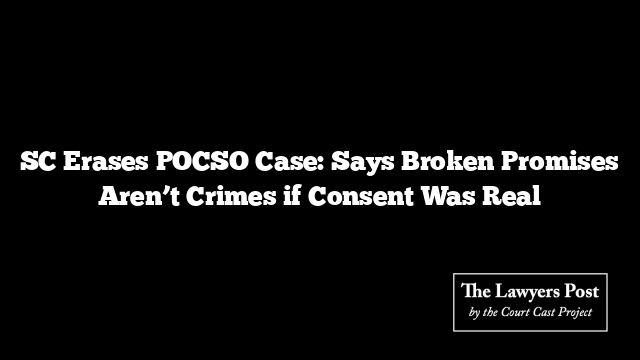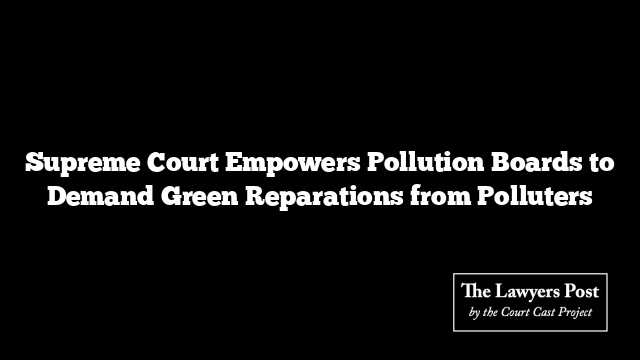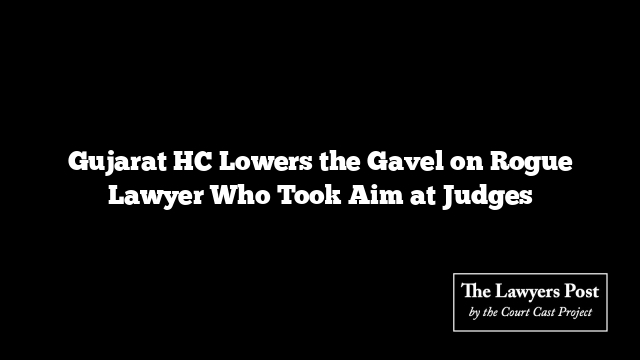In a judgment that carves a fine line between law and lived experience, the Supreme Court has stepped in to quash a POCSO case against a man accused of rape based on a failed promise of marriage — ruling that a consensual relationship, even if premised on such a promise, doesn’t automatically amount to criminality.
The top court, led by Justices Sudhanshu Dhulia and Aravind Kumar, made it clear: not every broken vow is a lie, and not every sexual relationship gone sour is a matter for jail. Consent, when freely given — even in the shadow of romance and commitment — still counts as consent.
The backdrop? A relationship that began when the girl was 15, allegedly entered into on the understanding that marriage would follow. Years later, once she turned 18 and the relationship unraveled, the accusation came — including serious charges under the IPC and the POCSO Act. But the complaint surfaced three years after the fact, and the Court noticed that glaring gap.
There was no medical evidence of rape. No forensic backing. No contemporaneous outcry. Just allegations that arrived only after things fell apart and marriage was off the table.
The bench, citing its own past rulings — Prithivirajan v. State, Pramod Suryabhan Pawar v. State of Maharashtra, and Maheshwar Tigga v. State of Jharkhand — stressed that courts can and should differentiate between exploitative conduct and mutually agreed intimacy, even if it began when one party was a minor.
Though POCSO treats any sex with a minor as statutory rape, the Court underlined the context: here, the complaint didn’t come until the prosecutrix had reached adulthood — long after the alleged acts — and crucially, she admitted to consenting based on the hope of marriage.
The Court questioned the timing, motive, and evidence — or lack thereof. It concluded that this wasn’t a case of deception from the outset. The relationship may have soured, but that didn’t retroactively criminalize what was then a mutual bond.
With those observations, the Court allowed the appeal. The FIR — filed under Sections 376 (rape), 417 (cheating), 506 (criminal intimidation), and the stringent Section 6 of the POCSO Act — was quashed.





